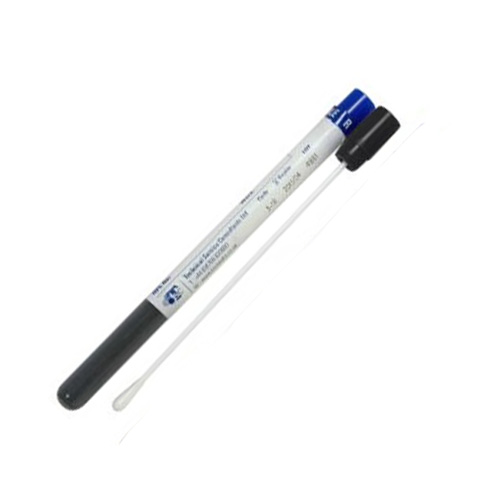Treatments
Treatment includes pain relief, antibiotic and steroid drops or spray, in addition to keeping the ears dry (no swimming or getting them wet in the shower or bath). Sometimes a procedure called microsuction is used to clean away discharge and debris if it is excessive.
Middle ear infections
Middle ear infections, or acute otitis media, are especially common amongst children due to differences in anatomy. They are a type of upper respiratory tract infection and can happen after a sore throat or cold. Most children grow out of suffering repeated ear infections.
These infections can cause pain, earache, fever and sometimes discharge if the eardrum bursts. Most repair and there are no further problems. For the few who suffer repeated infections, a referral through to an ear, nose and throat (ENT) surgeon is recommended.
Inner ear infections
Inner ear infections can cause hearing loss and rotational dizziness (vertigo). They do not always cause earache or ear pain and are most commonly caused by the virus type ‘labyrinthitis’ that usually resolves spontaneously after a week or two, however, it may last longer and often recurs in a milder form in the future when another virus triggers symptoms. If you experience profound vertigo and nausea, a doctor can prescribe medication to help relieve symptoms.

